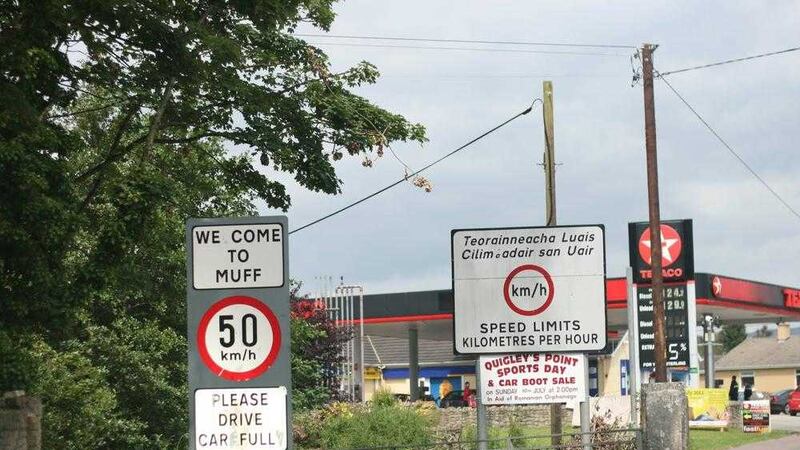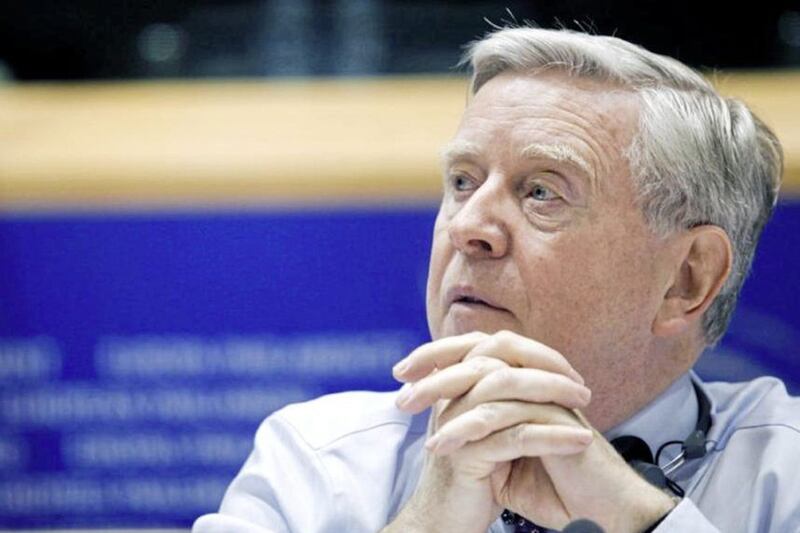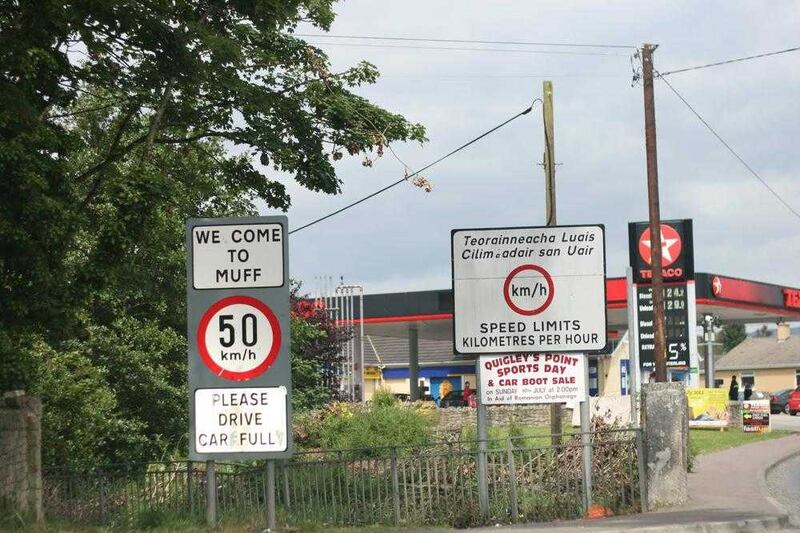BORDER businesses will be told this morning by former European Parliament president Pat Cox how to function and prosper in the UK's uncertain post Brexit era - and will be advised on some of the 'what ifs'.
The Dublin-born and Limerick-raised politician and former television current affairs presenter, who was a member of the European Parliament from 1989 to 2004, will lay out a roadmap for the future of businesses at a breakfast workshop in Newry hosted by the city's Chamber of Commerce and Trade.
And Cox - who was European Parliament president from 2002 to 2004 - is expected to touch on a number of possible scenarios, including what might happen if a border poll took place and a majority in the north expressed a wish to cease to be part of the UK.
He says that in the aftermath of the UK decision to leave the EU, businesses are functioning at a time of high uncertainty involving many actors, interests and moving parts.
"This is accentuated by the inability of the British authorities, for the moment, to clarify what they want by way of a future relationship with the EU 27 and by the determination of the latter to insist on ‘no negotiations without notification’," Cox will tell this morning's delegates in the Canal Court Hotel.
His comments come after British Prime Minister Theresa May, in her first visit to the north yesterday, vowed to work for a "practical solution" to the future of the border between Northern Ireland and the Republic
She said she would seek to reach a Brexit deal with Brussels which was in the best interests of the whole of the United Kingdom, and insisted nobody wanted to return to the borders of the past.
But Mr Cox is likely to lay out to businesses what might happen in Ireland if a border poll, however remote a possibility right now he concedes, was to proceed.
He will tell delegates: "Imagine a scenario where, by virtue of being part of the UK, Northern Ireland exits the EU with Great Britain, but that at some future date through a border poll a majority expressed a wish to cease to be part of the United Kingdom.
"It should be stressed that a scenario is not a prediction, even less a presumption, that such a poll is imminent.
"But if such conditions ever were to prevail in Northern Ireland, it would be incumbent on the Houses of the Oireachtas in the Republic to enact referendum legislation on Irish unity and for the Republic’s electorate to consent to this by a majority."
A joint RTÉ-BBC poll last November revealed a strong two thirds majority in the Republic in favour of a united Ireland in their lifetime, versus only 30 per cent in the north, though support in the Republic collapsed to just 31 per cent when asked if they supported Irish unity ‘if it meant paying more tax’.
"Given Britain’s level of transfers to Northern Ireland which sustain its current living standard and which amount to around 30 per cent of its income, it is open to question whether the Republic’s citizens currently would be prepared to contemplate the massive transfers that would be needed to fill this void in the event of Northern Ireland voting to quit the UK," Mr Cox will say.
"These considerations make an early border poll highly implausible on both sides of the border, whatever interest may attach to that question in recent weeks.
"Moreover, while the 56 to 44 per cent Northern Ireland vote in favour of the UK remaining in the EU exhibits a cross community dimension, this was based on a question whose sensitivities, though contested, were less polarising in Northern Ireland than a border poll would prove to be."
But Cox will challenge delegates to consider the circumstances where public opinion might shift.
"What if the UK was increasingly to federalise its constitution to seek to retain a semblance of unity?" he'll ask.
"What if a more nationalist English component looked to its own financial and territorial interests first?
"What if the UK fragmented and Scotland became independent?
"What if Northern Ireland farmers who receive £87 of every £100 of their agricultural income from the EU’s single farm payment found the British cupboard bare when it came to future financing?
"What if researchers and universities in Northern Ireland felt the chill wind of declining EU funding not replaced by a British national alternative?"
He says: "None of these things are predictions, but some or all of them are possibilities."


